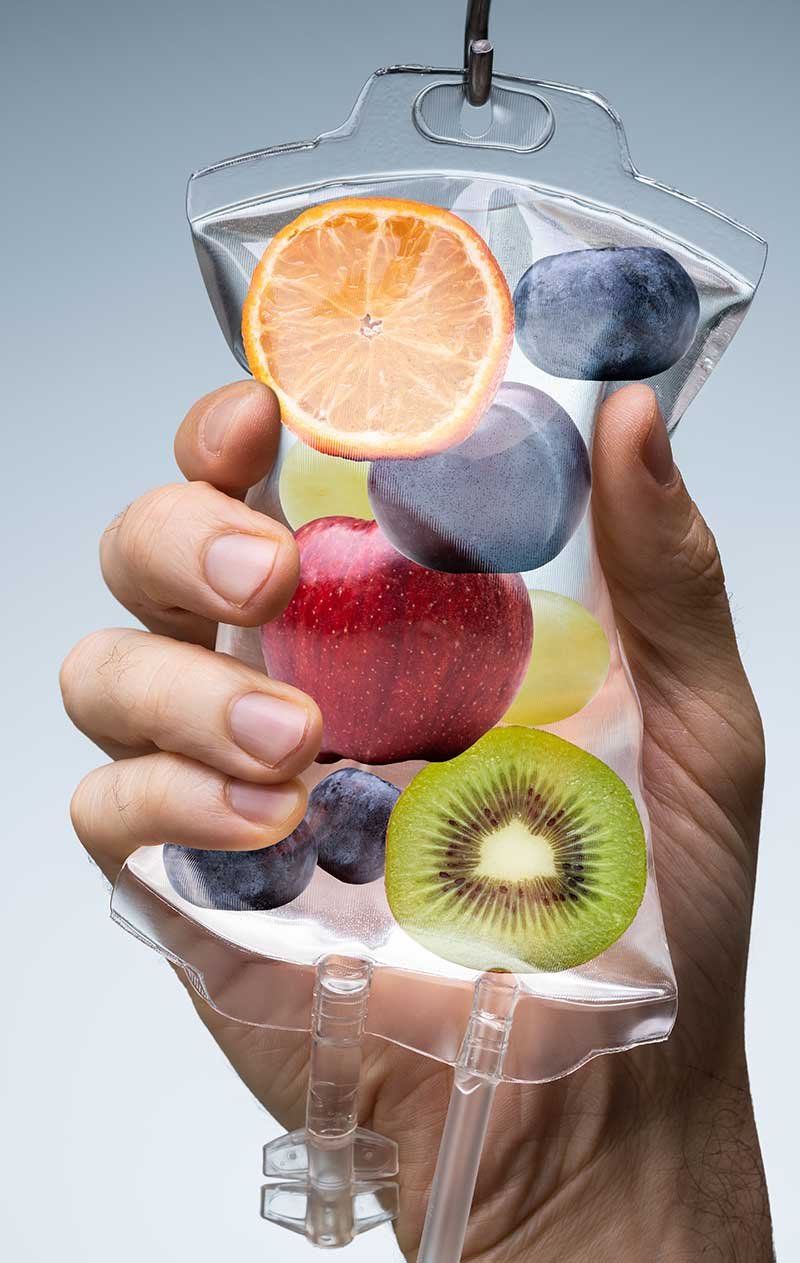Vitamin Boosting Shots
Cleanse your body & boost your Immune system with antioxidants & Vitamins.

Vitamin Booster Shots are essentially condensed and concentrated cold-pressed juices designed to boost immunity to give you a jolt of energy and rev your metabolism. Nutrients are delivered directly into the bloodstream directly into the muscle via injection.
It is a highly effective way of receiving essential nutrients. When nutrients are injected directly into the bloodstream they bypass the digestive system and are pushed directly into cells.
Vitamin shots have gained a loyal following among celebrities who have been touting them for years as a way to nurse a hangover, boost energy or cure a cold. Vitamin B12, vitamin C shot is injected directly into a patient’s muscle, usually in the thigh or upper arm by a medical professional.
#tab_content
For full price list click here

Side effects are generally non-existent or mild. On occasion, you may experience some discomfort, bruising, redness, itching, inflammation, or tenderness at or around the site of injection that could last from a few minutes to several days.
All vitamin shots are water soluble are generally considered safe. However, some nutrients should be avoided in the presence of certain health conditions & circumstances including pregnancy, breastfeeding, cancer, advanced liver disease, seriously compromised kidney function and hypotension.
Leave your contact details with us and one of our clinicians will call you back at your requested time.